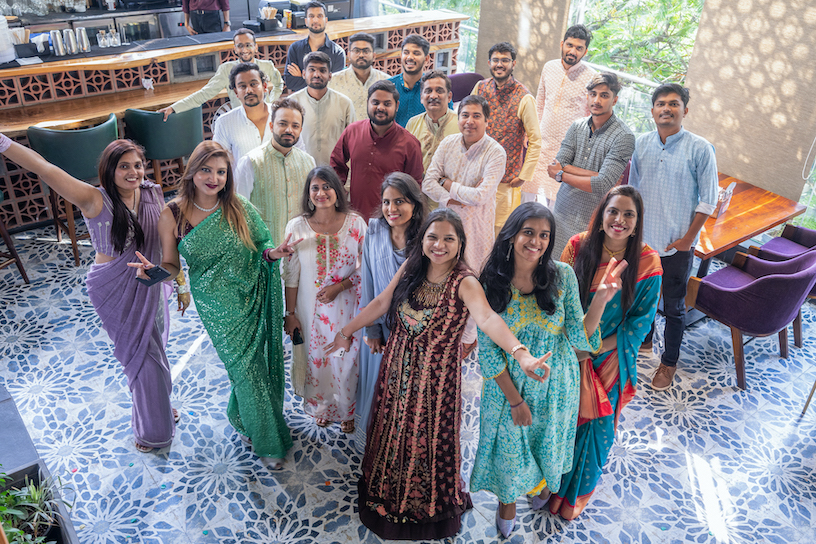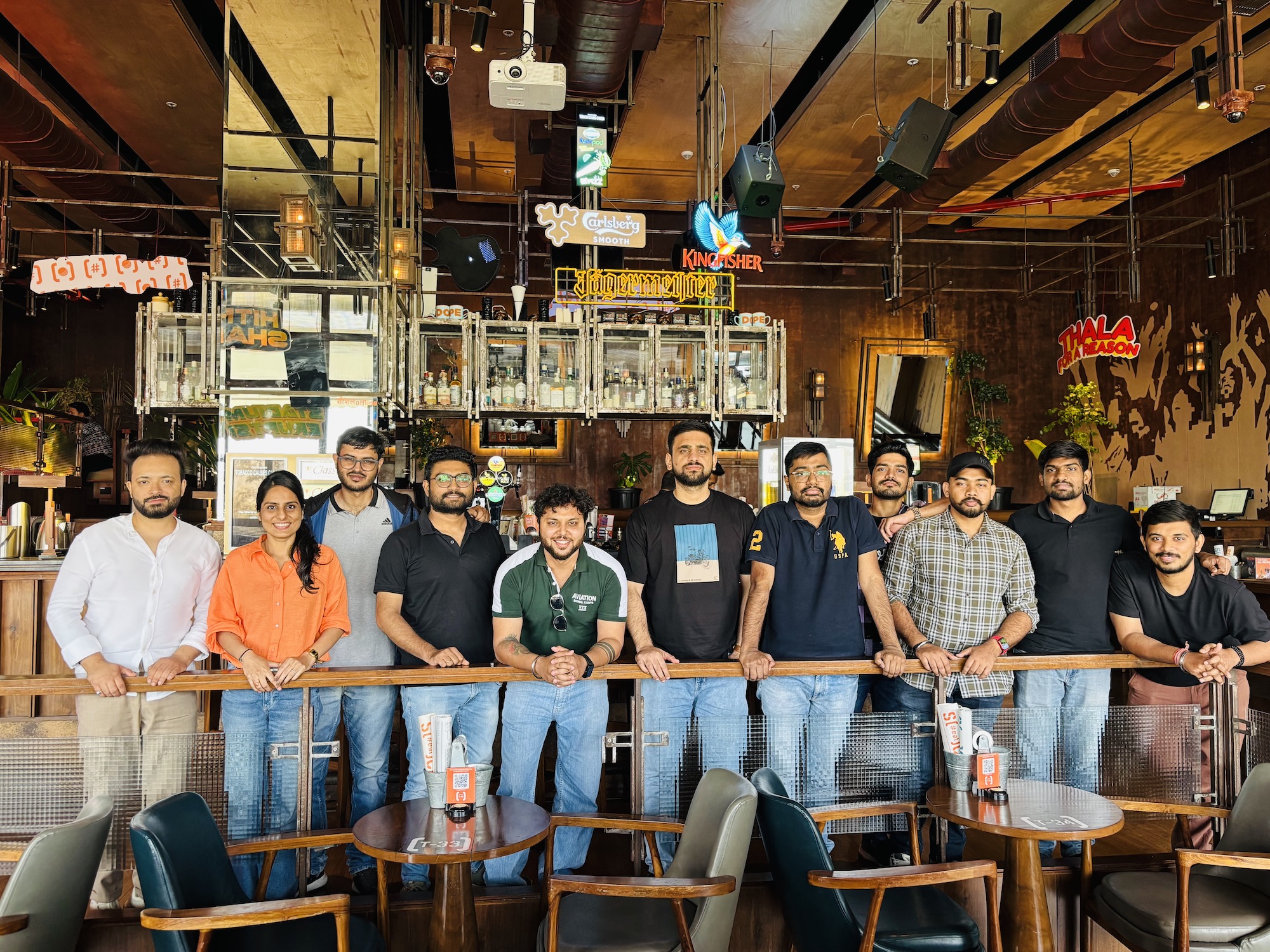
Meetings can bring teams together — or wear them down. We spoke with Sidharath Verma, Delivery Manager at Intellias, about practical ways to reduce meeting overload while boosting team efficiency and well-being.
With nearly two decades of experience in project delivery and stakeholder management, Sidharath shares actionable insights and real-life strategies that can help any team reclaim valuable time.
Sidharath, before we move to our topic, could you please tell us a bit about your background and role at Intellias?
SV: Certainly! Throughout my career, I’ve had the opportunity to lead and form diverse teams from scratch. I managed complex projects across various industries, focusing on driving efficiency, optimizing processes, and delivering high-quality outcomes. My background has equipped me with a holistic view of project delivery — from strategy and planning to execution and continuous improvement.
At Intellias, I’m responsible for overseeing the end-to-end delivery. I collaborate closely with stakeholders to understand their needs, manage cross-functional teams, and implement strategies that drive both project success and client satisfaction.

How would you describe your leadership style?
SV: Collaborative and results-oriented. I believe in fostering an inclusive atmosphere where everyone feels valued, heard, and empowered to share the brightest ideas. I set clear goals, provide resources, and let my team work without micromanaging. I emphasize open communication, constructive criticism, and recognition for achievements to motivate the team. I strive to build trust, create growth, and inspire the team toward individual achievements and successes that benefit all.
Meetings are an essential part of collaboration, but they often feel excessive. Do you agree with this?
SV: I believe the meeting overload is now a global problem. From my past organizational experiences, meetings have taken control the main communication method, although they are not always necessary. People often adopt a “let’s overschedule” mentality to resolve simple questions that could be answered through quick emails or Slack catch-ups.
What are the key signs that a meeting should have been an email instead?
SV: If the meeting is only meant to share updates that don’t require input or decision-making from the group. Another sign is when the same people are invited without a clear need for participation, especially if their input isn’t essential to the outcome. Lastly, if the meeting lacks a structured format or proactive discussions with no defined goals or expected action items.
How do ineffective meetings impact team efficiency?
SV: During my previous job, our team held weekly project status meetings, regularly exceeding time without producing clear results. Unfocused discussions and the delay of important decisions led to team frustration and decreased morale.
We implemented a structured agenda template that allocated time for each topic and included a ‘decisions needed’ section to direct discussions toward achieving specific goals. Attendance was restricted to participants who were directly involved in the project work.
As a result, we reduced meeting time to half its original length, allowing us to focus more on our actual deliverables. Through this experience, I realized that unproductive meetings sap time resources and negatively impact both team motivation and result delivery.
How do you personally structure your workweek to avoid meeting overload?
SV: I plan my week to strike a balance between overseeing the big picture and providing hands-on team support, while keeping meetings to a minimum. I kick things off by sorting out my to-do list and spotting key tasks that need my full attention — stuff like planning, checking deliverables, and tackling urgent problems.
I set up meetings with a clear goal and purpose and push for short, results-focused talks. For regular catch-ups, I often think about whether we still need them and make changes if necessary.
I also set aside time for ‘deep work’ to handle tricky tasks without interruptions. On top of that, I encourage team communication that doesn’t need real-time responses when possible, using project management tools and shared docs to keep everyone on the same page without endless meetings.

For the meetings that do need to happen, what are some best practices to keep them results-driven?
SV: I ensure that a clear agenda is sent in advance, outlining topics, objectives, and outcomes for essential meetings.
For example, our weekly project update meetings often felt redundant. I suggested using a shared project dashboard for updates, reserving meetings for decision-making, or addressing blockers. This simple change cut meeting frequency by 40% and gave the team more time for focused work.
In sprint planning meetings, we had quick recaps and focused discussions, keeping them within 30 minutes to ensure concise updates and decisions. I also use a ‘parking lot’ for off-topic points and end with a summary of key takeaways and action items to clarify the next steps.
Are there any tools or resources you recommend for optimizing work time?
SV: I recommend using Trello or Asana for task management, as they help prioritize work and visualize project timelines. For time tracking, Rescue Time helps identify where your time is going and adjust accordingly. Lastly, tools like Doodle can save time and improve efficiency in meeting management.
If you could give one piece of advice to professionals drowning in meetings, what would it be?
SV: Ask yourself, “Is this the best way to achieve the goal?” Before accepting or scheduling a meeting, consider if the objective can be met via email, a quick message, or a shared document.

The best vacancies, are waiting for you!
We picked vacancies that suit your skills!



